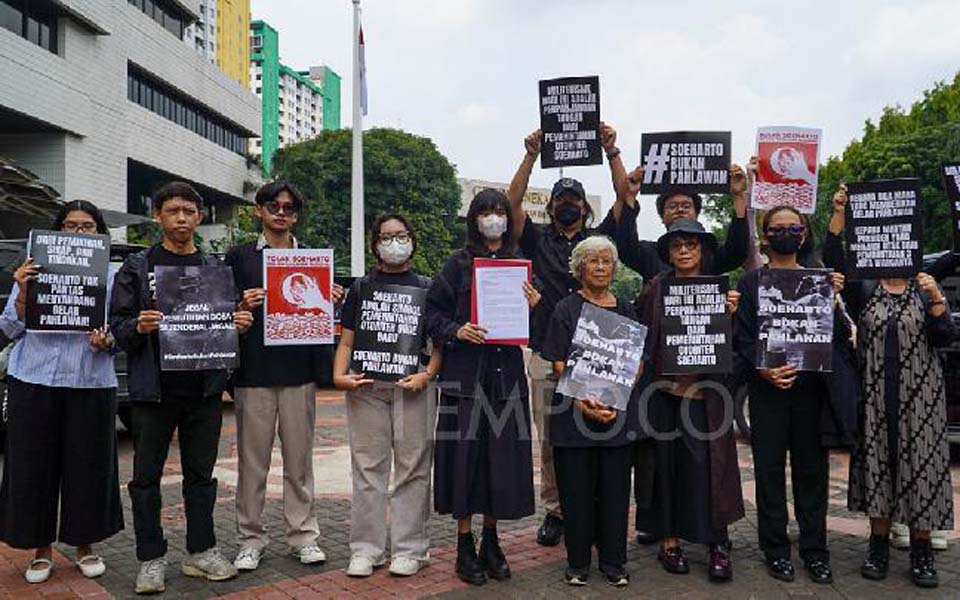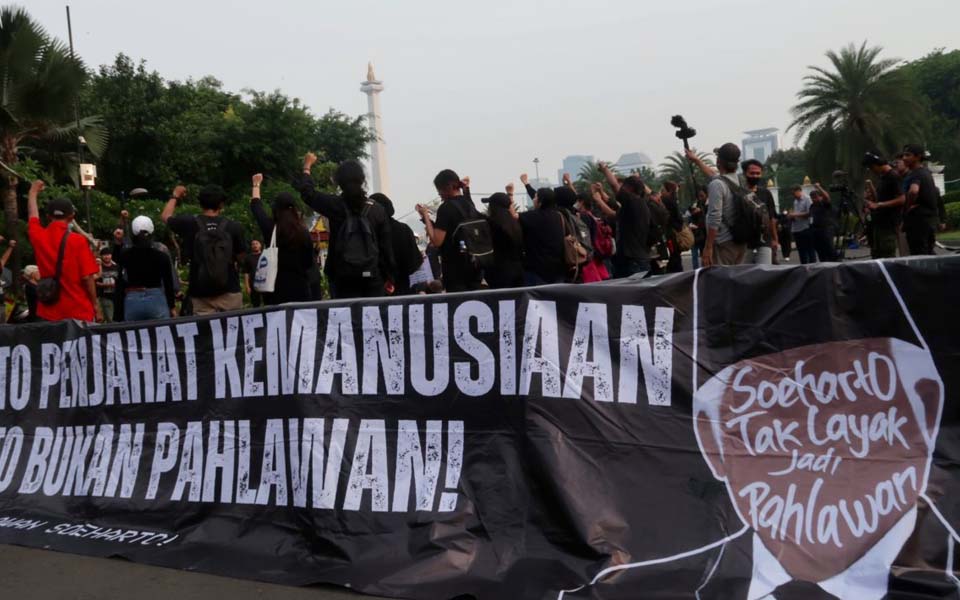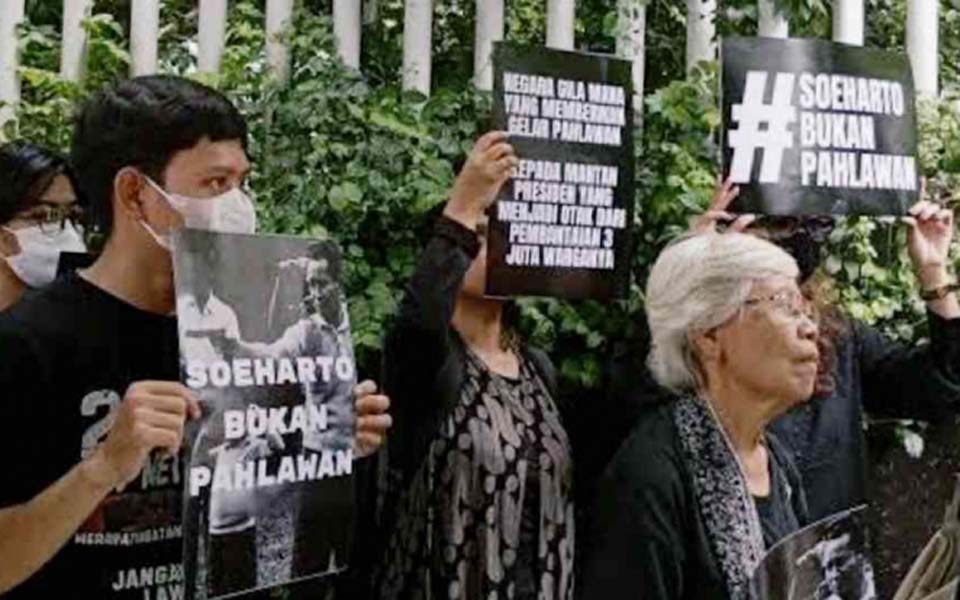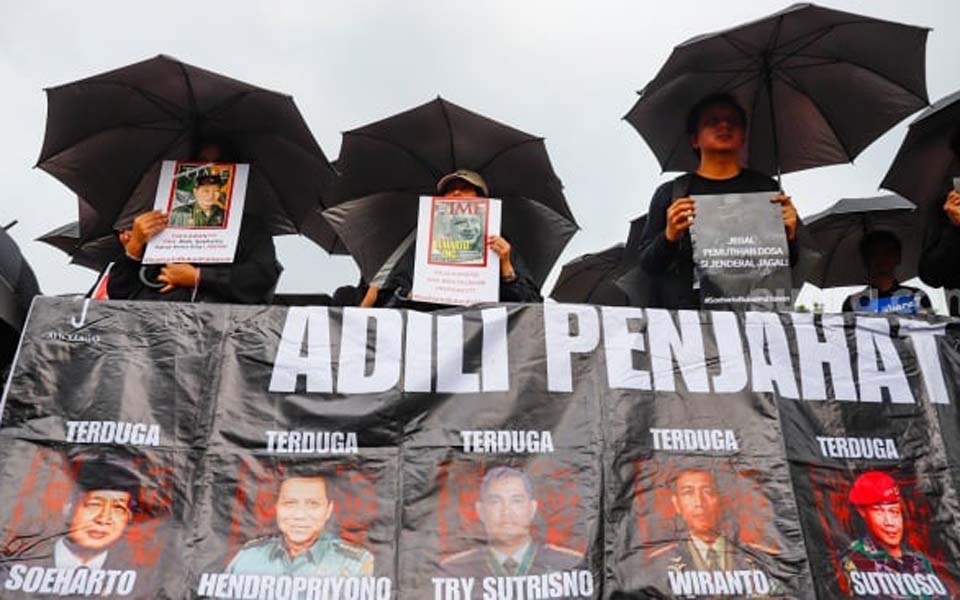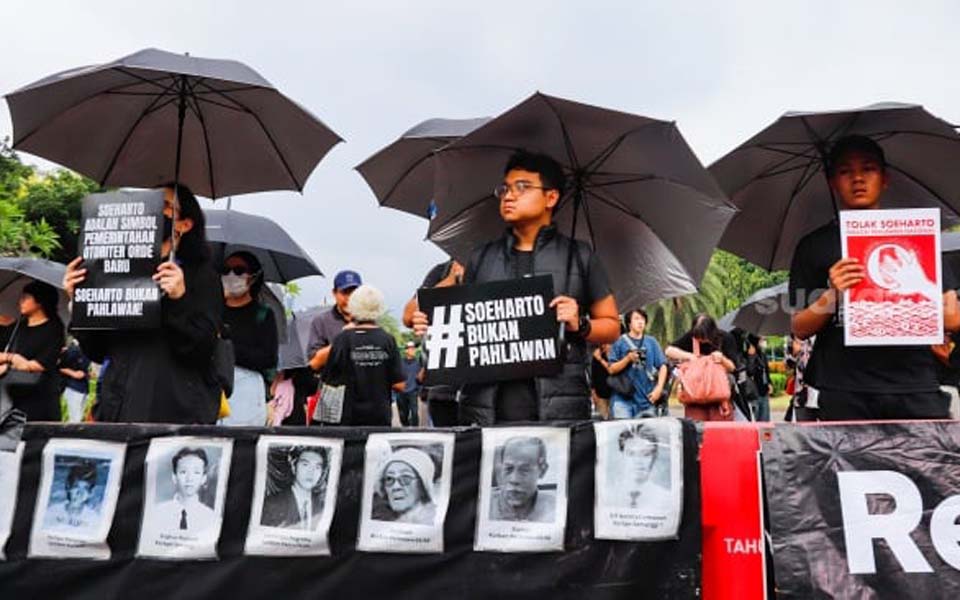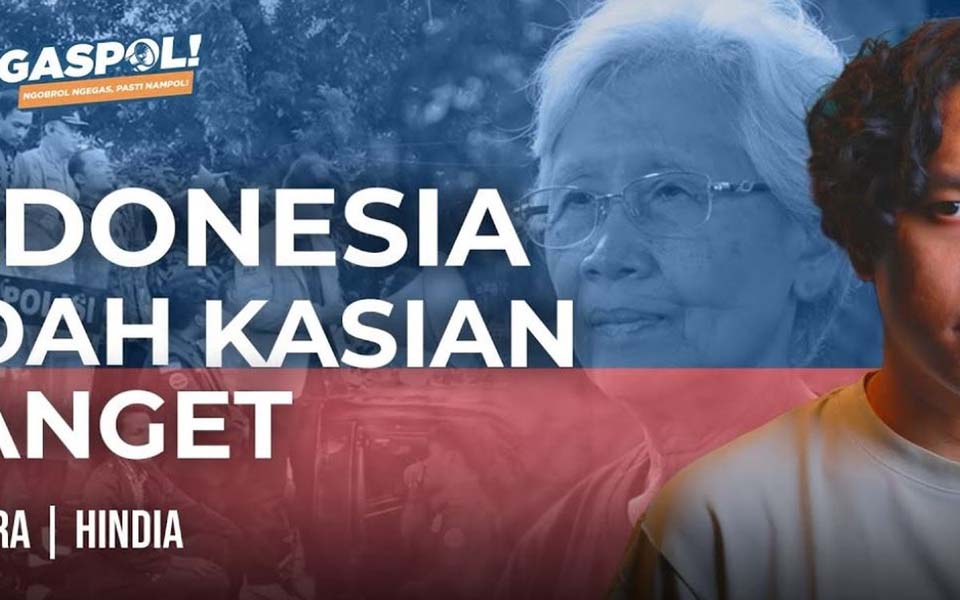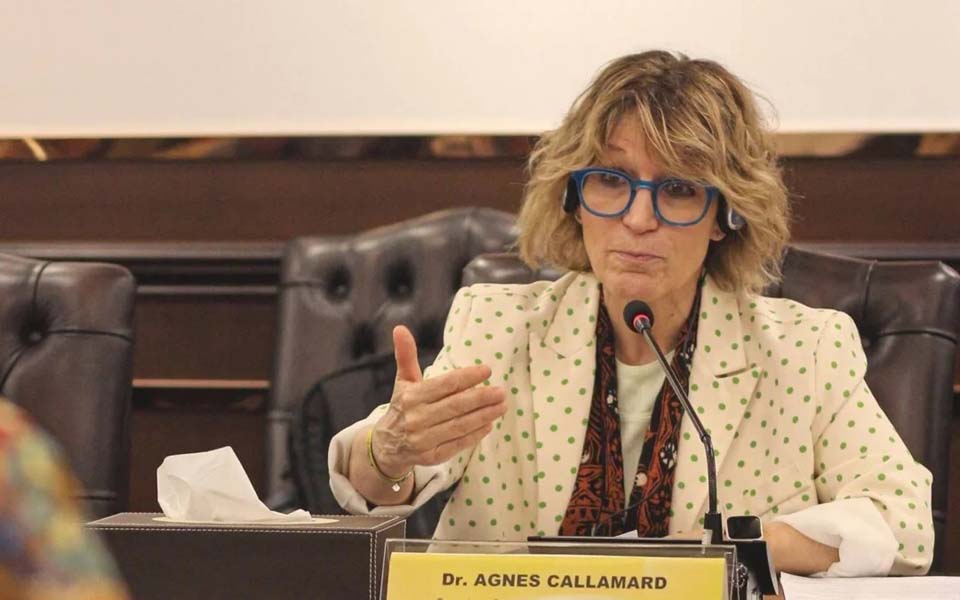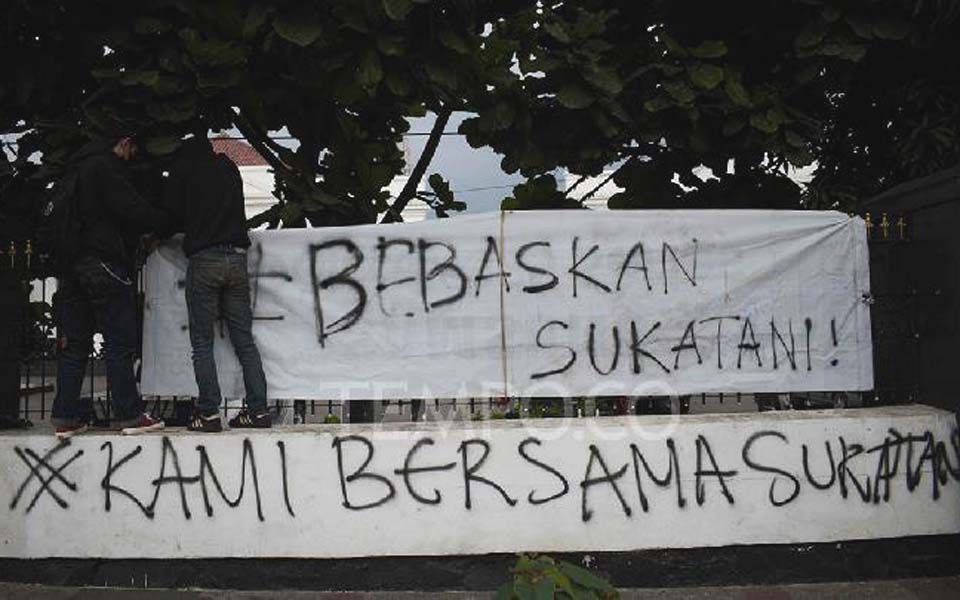Jakarta – The dismissal of a Central Java regional police officer Brigadier TT was a violation of National Police Chief Regulation (Perkap) Number 8/2009 on the Implementation of Human Rights Principles and Standards in Organising the Duties of the Indonesian National Police.
Amnesty International Indonesia Director Usman Hamid said that the dismissal on the grounds of TT’s sexual orientation violates the principles of human rights (HAM) and in particular the principles of equality and non-discrimination in the workplace and in law enforcement institutions.
Hamid said in a press release that Article 4 Section h of Perkap Number 8/2009 regulates the basic concept of protecting human rights, including: “HAM does not distinguish between race, ethnicity, ideology, culture/religion/belief, philosophy, social status, sex/sexual orientation, but instead prioritises a commitment to mutual respect to create a world that is civilised”.
Meanwhile Article 6 Section h of the same regulation says that human rights as referred to in Article 5 Paragraph (1) which is included in the scope of the national police’s duties covering: “The special rights of minority groups, such ethnicity, religion, disabilities, sexual orientation”.
“So the decision to sack TT through a statement by Polri Karo Penmas [National Police Public Information Bureau Head] Brigadier General Dedi Prasetyo clearly violates their own internal regulations. In broader terms it is a HAM violation. Especially so in the workplace of a law enforcement body tasked with serving and protecting citizens based on the principles of equality and non-discrimination”, said Hamid.
Hamid said that the national police must correct the decision and order the Central Java regional police to reinstate the police officer.
“Practices such as this must be stopped immediately in police institutions which should set an example in upholding human rights”, said Hamid.
Hamid also stated that Prasetyo’s statement that police officers are not allowed to be members of the Lesbian, Gay, Bisexual and Transgender (LGBT) community or have a different sexual orientation is wrong and a distortion.
“The statement is wrong, it’s misleading and smacks of discrimination”, said Hamid.
Earlier Prasetyo stated that all members of the police are obliged to fulfill and obey Law Number 2/2002 on the National Police.
In Article 9 it states that in carrying out their duties and powers, police officers must always act based on legal norms and pay attention to religious norms, politeness, morality and hold human rights in the highest esteem.
With regard to religious norms and politeness, said Prasetyo, LGBT is still something that is taboo for religion and not acknowledged in legal terms by the state.
“So this issue implies that Polri members are not allowed to be LGBT and have a different sexual orientation”, he said.
Furthermore added Prasetyo, members of the police are obliged to obey the Police Code of Ethics under Perkap 14/2011 which states that police officers are obliged to maintain and uphold the image, solidarity, credibility, reputation and respect of the national police. Article 11 states that police officers are obliged to obey and respect the norms of morality, religious norms, local wisdoms and legal norms.
Prasetyo also stated that prior to being sacked TT was suspended without explanation for a certain period and then proven to have committed sexual harassment against two people of the same sex.
“[He was] suspended first and only then was there supplementary [charges] of sexual harassment against two people. The local Polda [regional police] (dismissal) was through transparent mechanisms and a fair hearing which was in accordance with stipulations and was comprehensive”, said Prasetyo.
Meanwhile TT’s lawyer Ma’ruf Bajammal stated that his client was initially questioned over a case of extortion. But because it was unable to be substantiated, TT was then question over a case of deviant sexual behaviour.
TT then went through an internal investigation process related to alleged violations of the code of conduct.
On October 18, 2017, TT was brought before the national police’s professional code of ethics commission which immediately issued a verdict that TT had committed deviant acts.
During the hearing, TT did indeed admit that he had a minority sexual orientation or liked the same sex.
“Meaning yes he didn’t deny that he liked the same sex. But then that too was turned into a justification to prove that he had violated the code of ethics”, said Bajammal.
Based on this decision, TT submitted an appeal which was rejected on April 28.
On December 27 the Central Java police chief signed off on a decision to dishonorably discharge (PDTH) TT for being proven to have violated Polri’s professional code of ethics and Perkap Number 14/2011.
Bajammal said that based on the PDTH they will submit an appeal with the Semarang State Administrative Court (PTUN) have the dishonorable discharge revoked.
“We will pursue a legal effort by submitting a challenge with the PTUN Semarang”, said Bajammal. (sur/sur)
[Slightly abridged translation by James Balowski. The original title of the article was “Amnesty Internasional: Pemecatan Polisi Gay Langgar Aturan”.]






